Hello
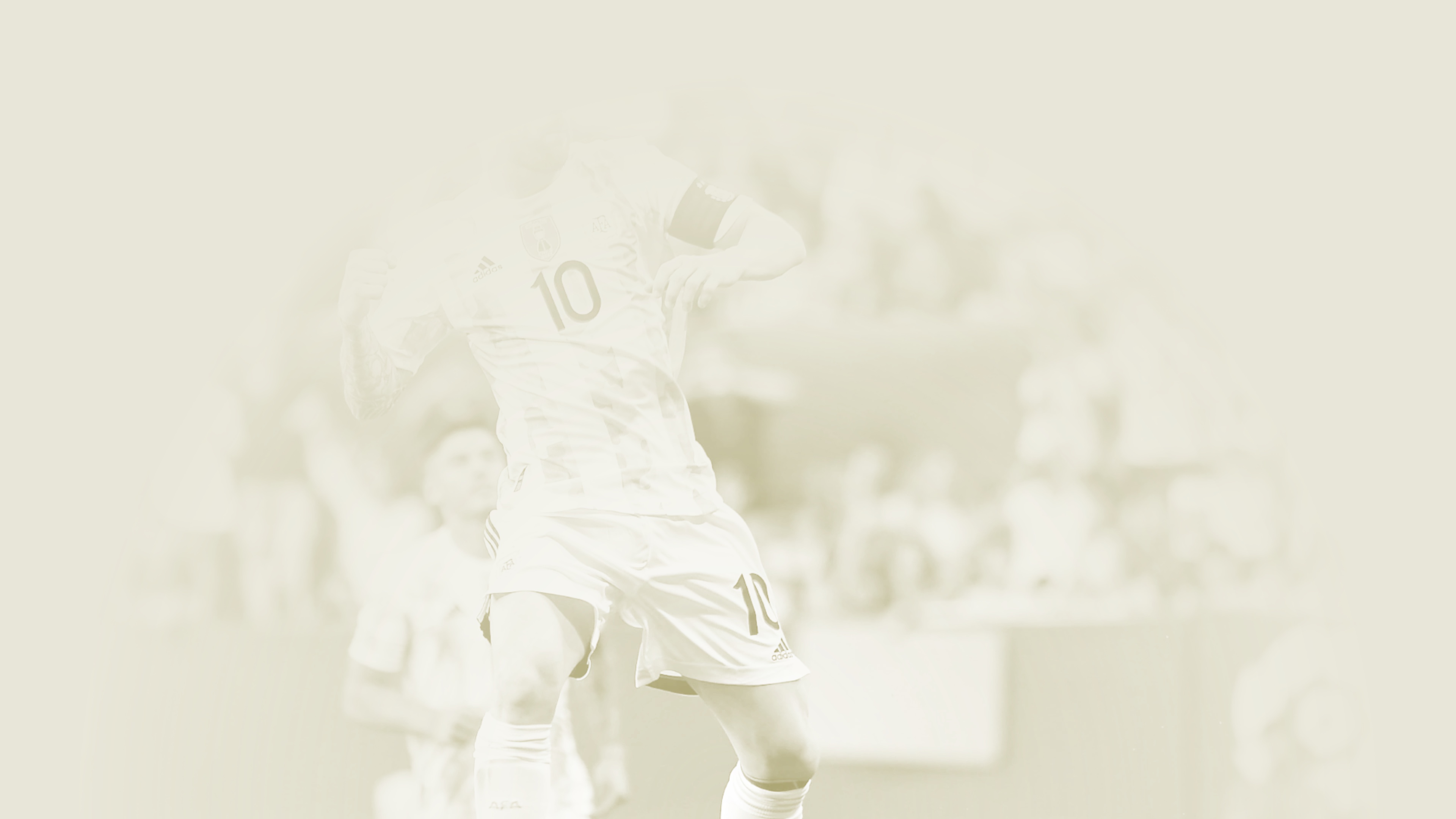
For many, the greatest player of all-time suffered an illness during childhood that stopped him from growing normally. He was able to develop thanks to the medical treatment which Barcelona funded. Leo changed modern football history.
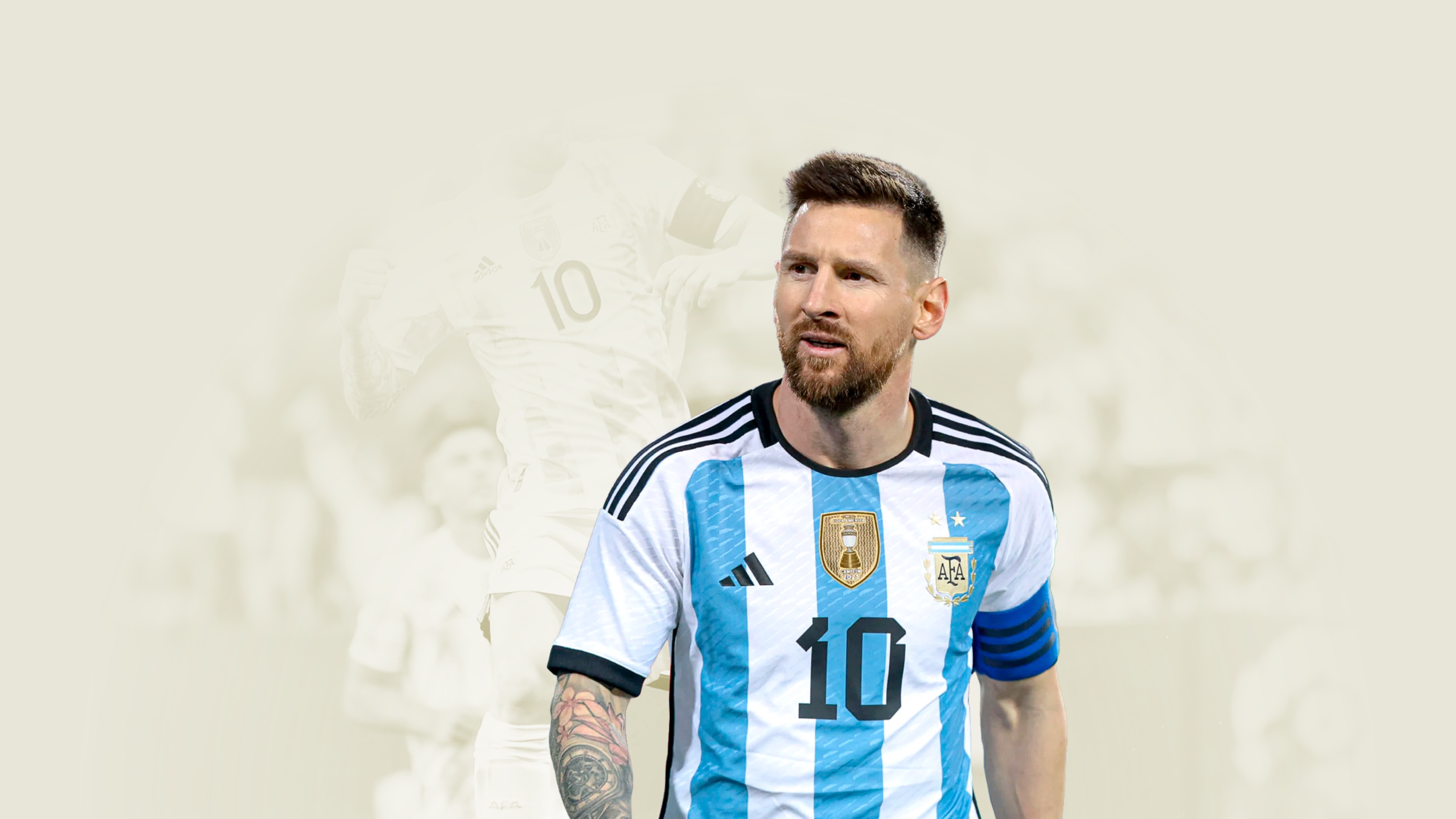
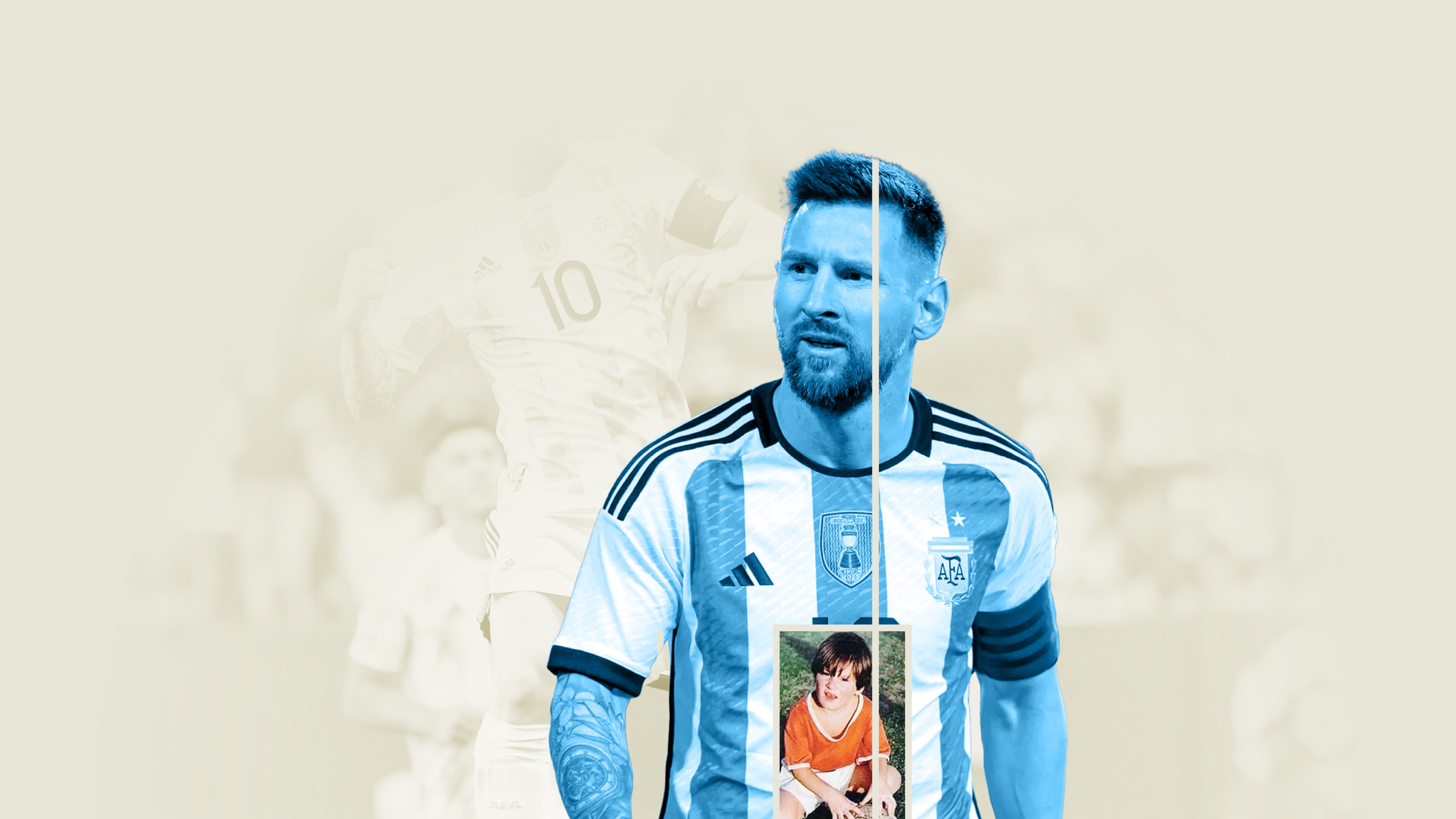
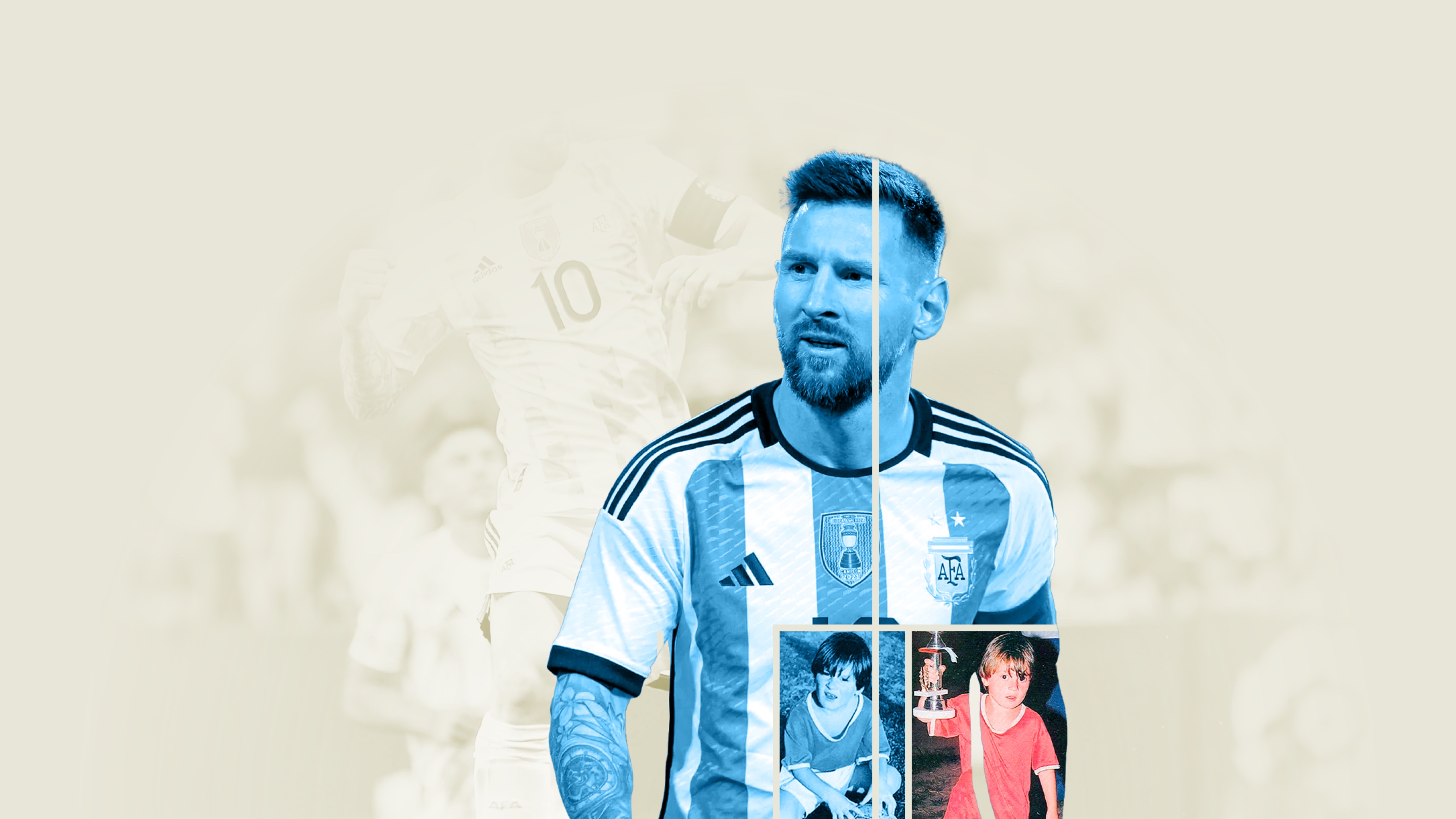
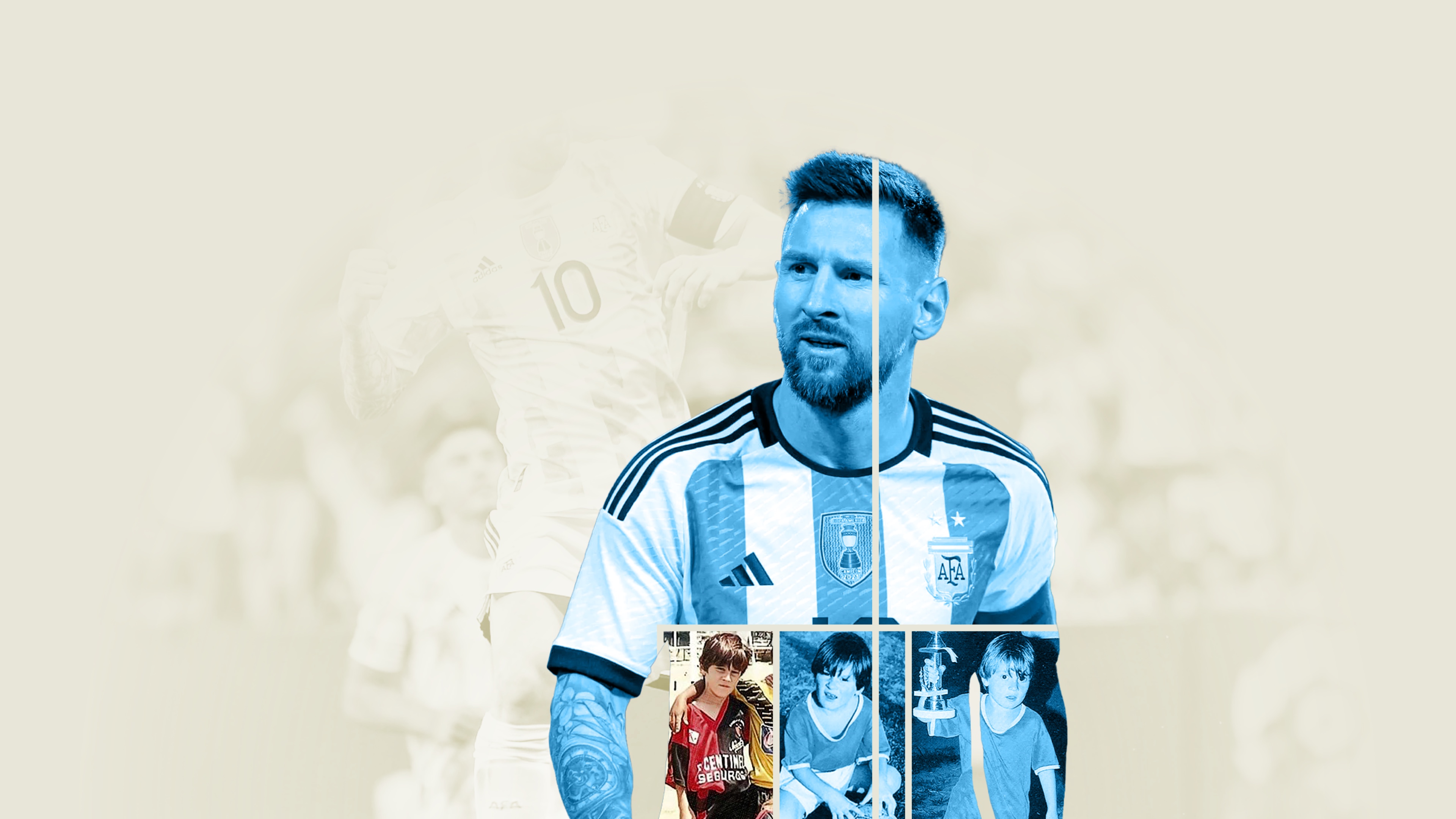
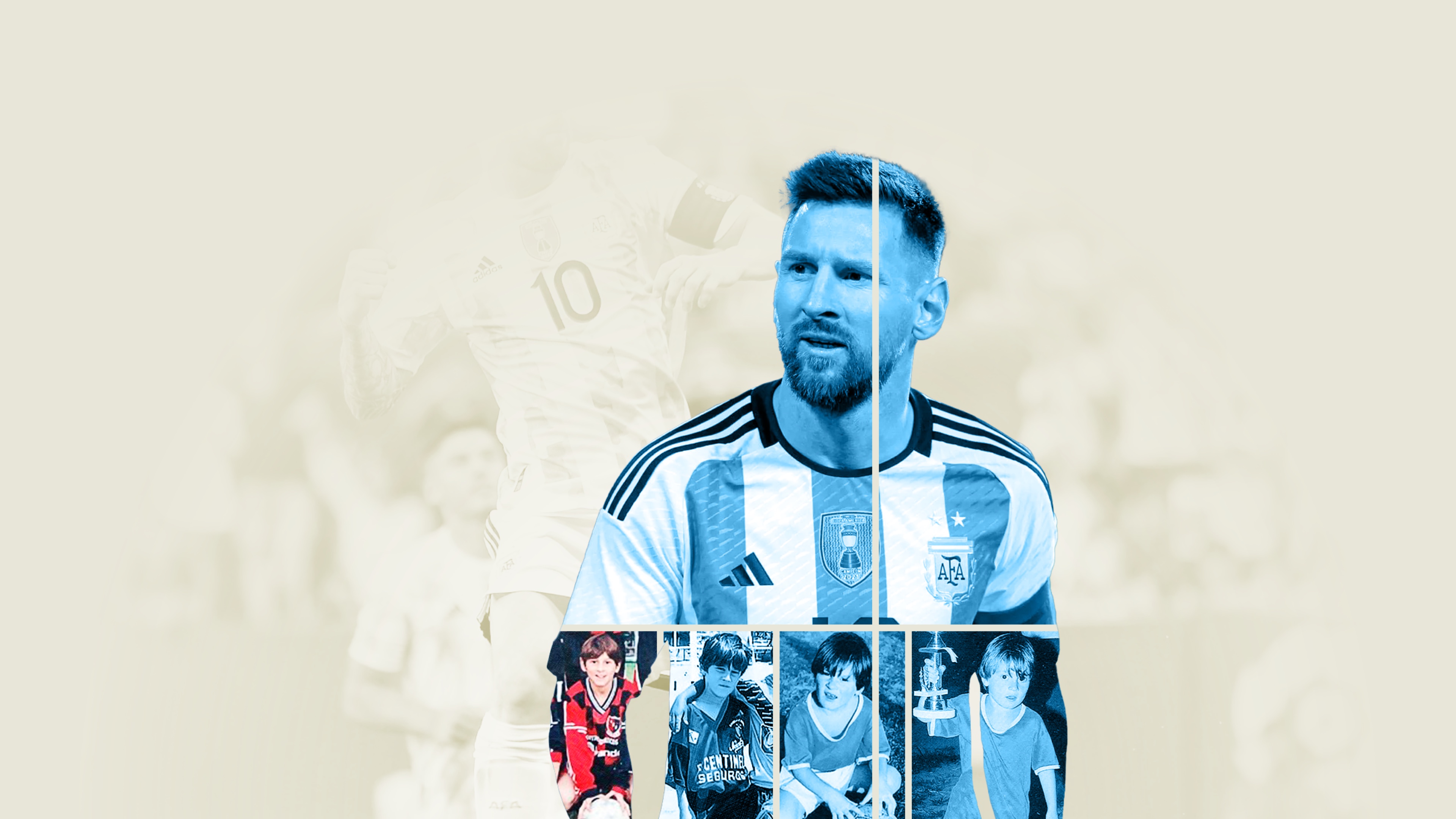
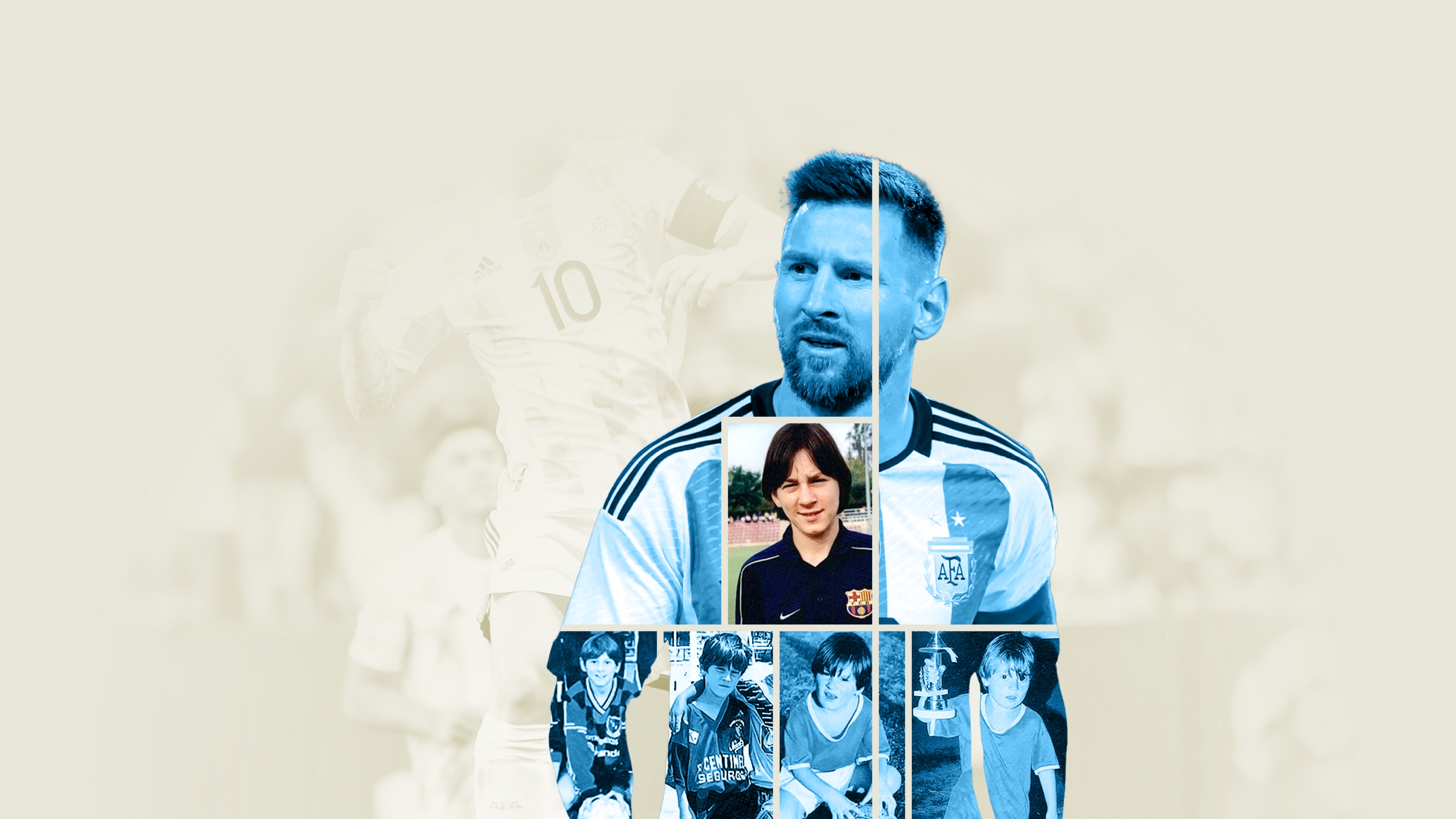
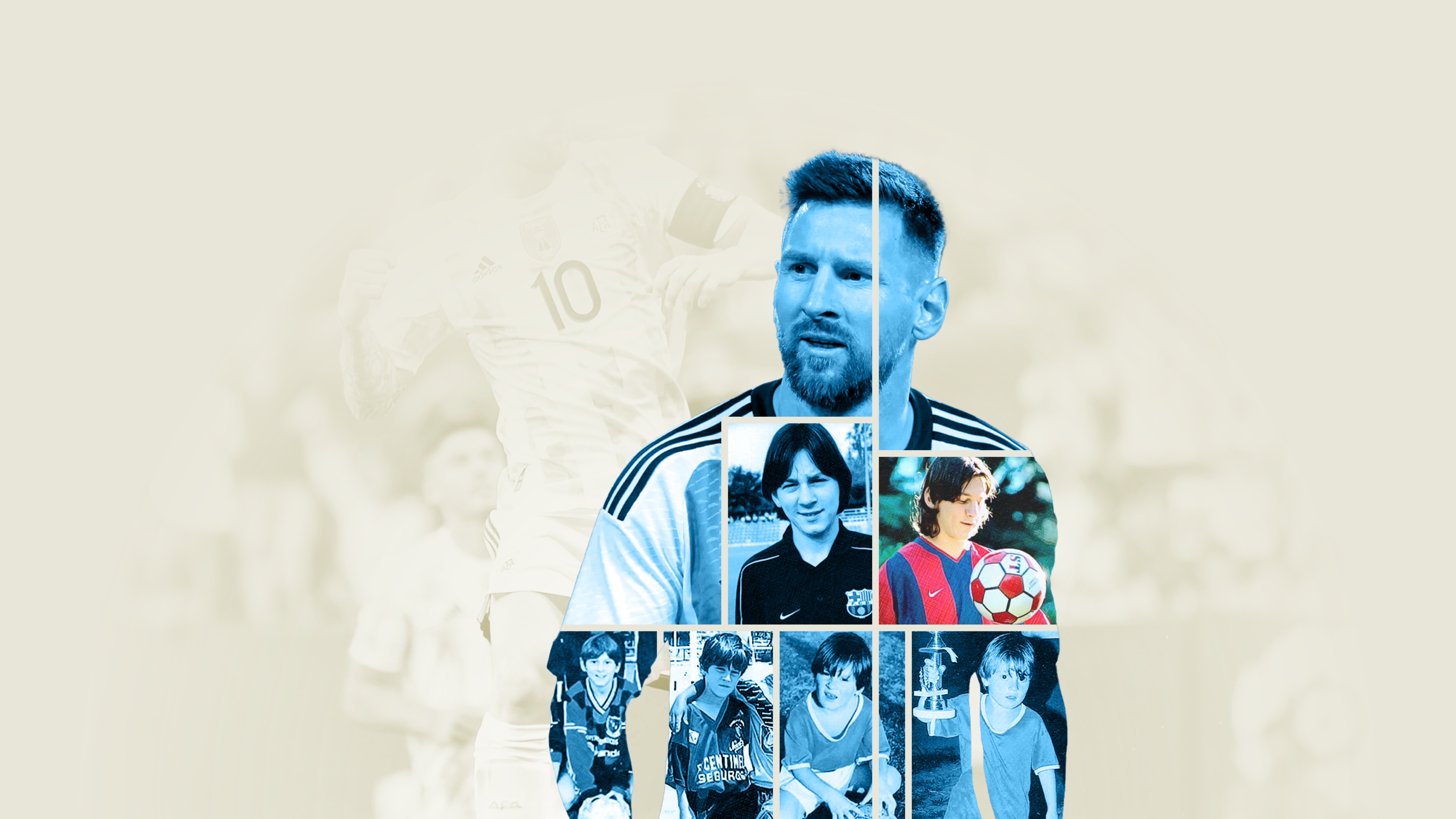
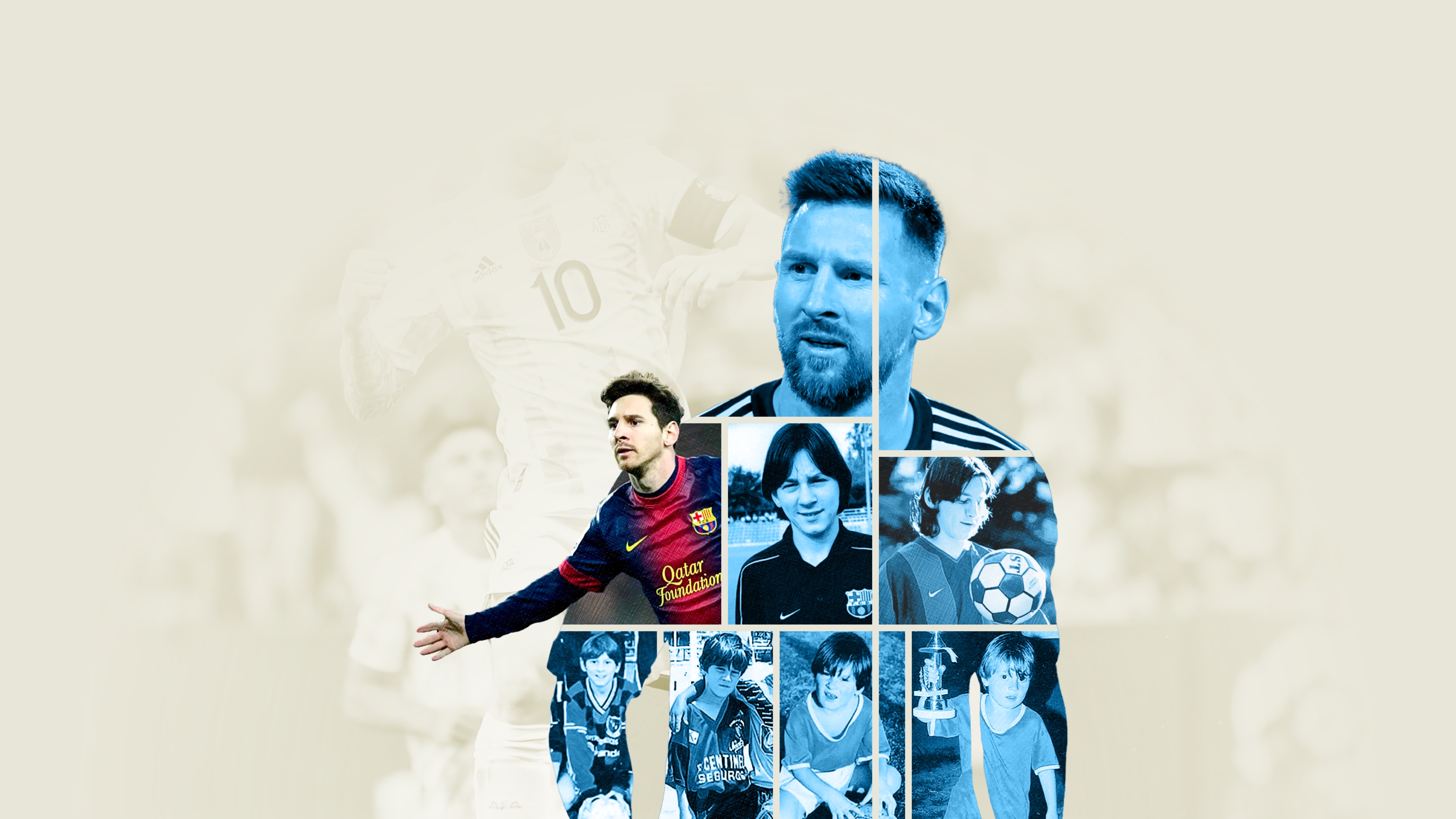
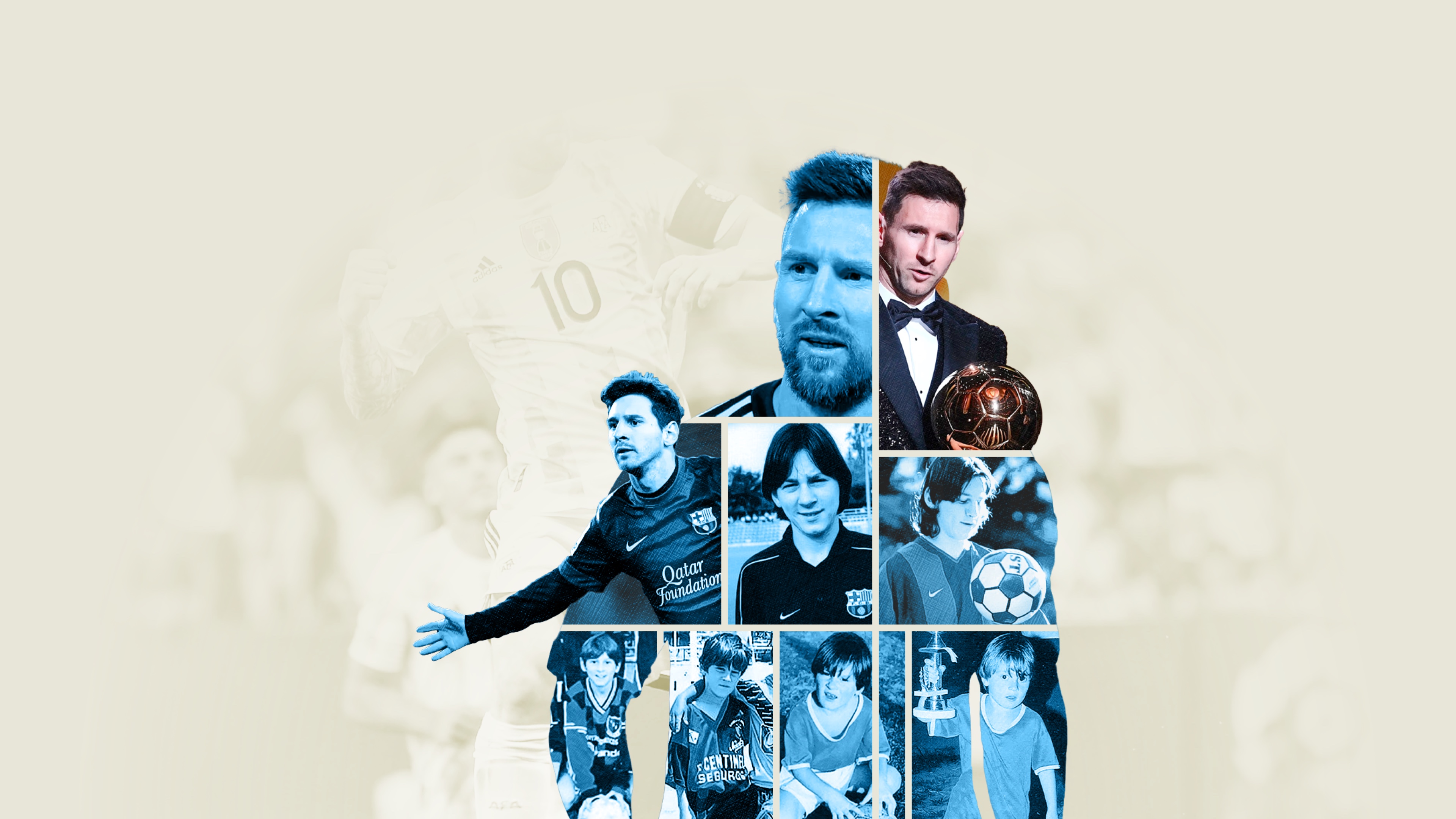
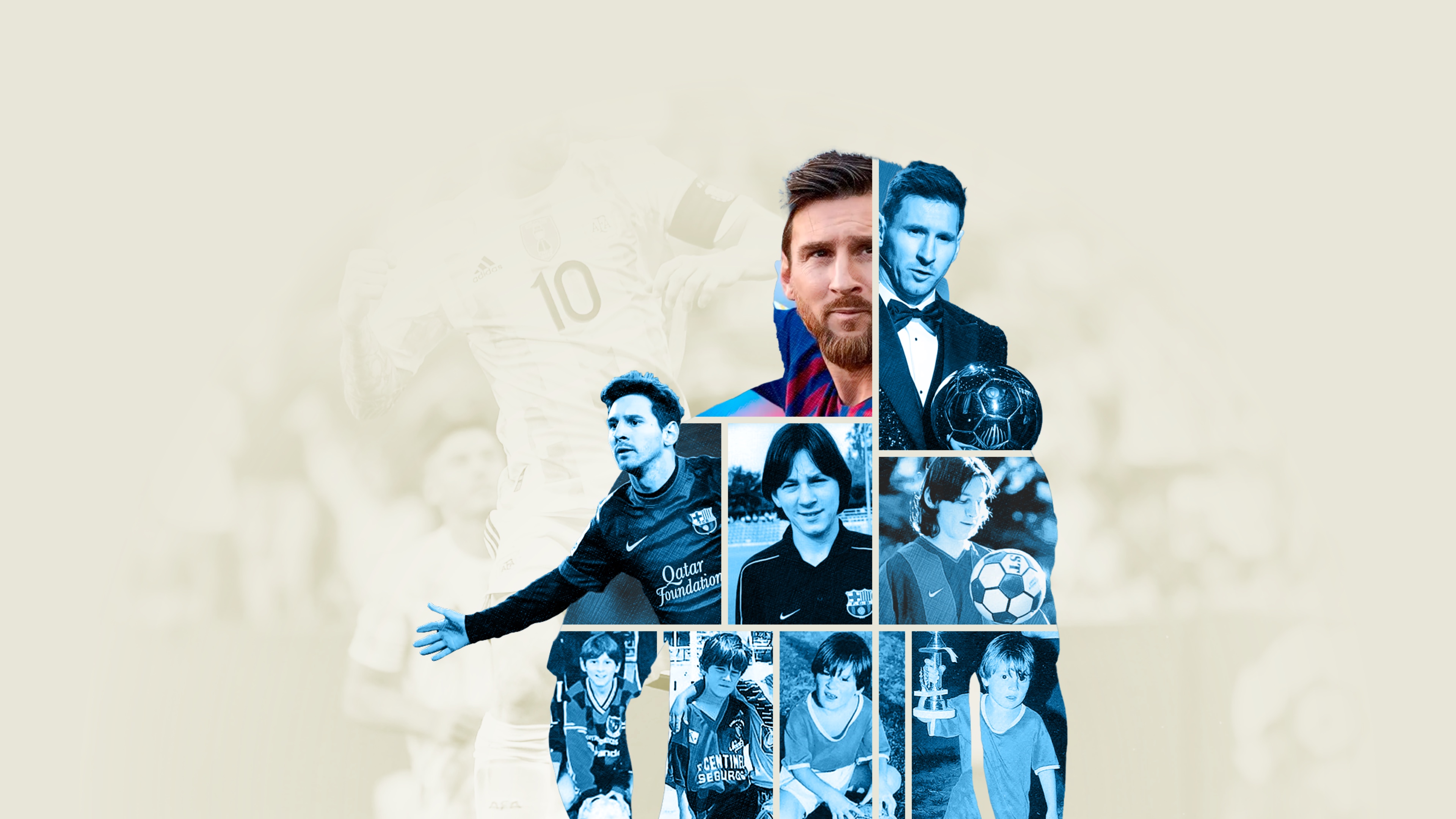
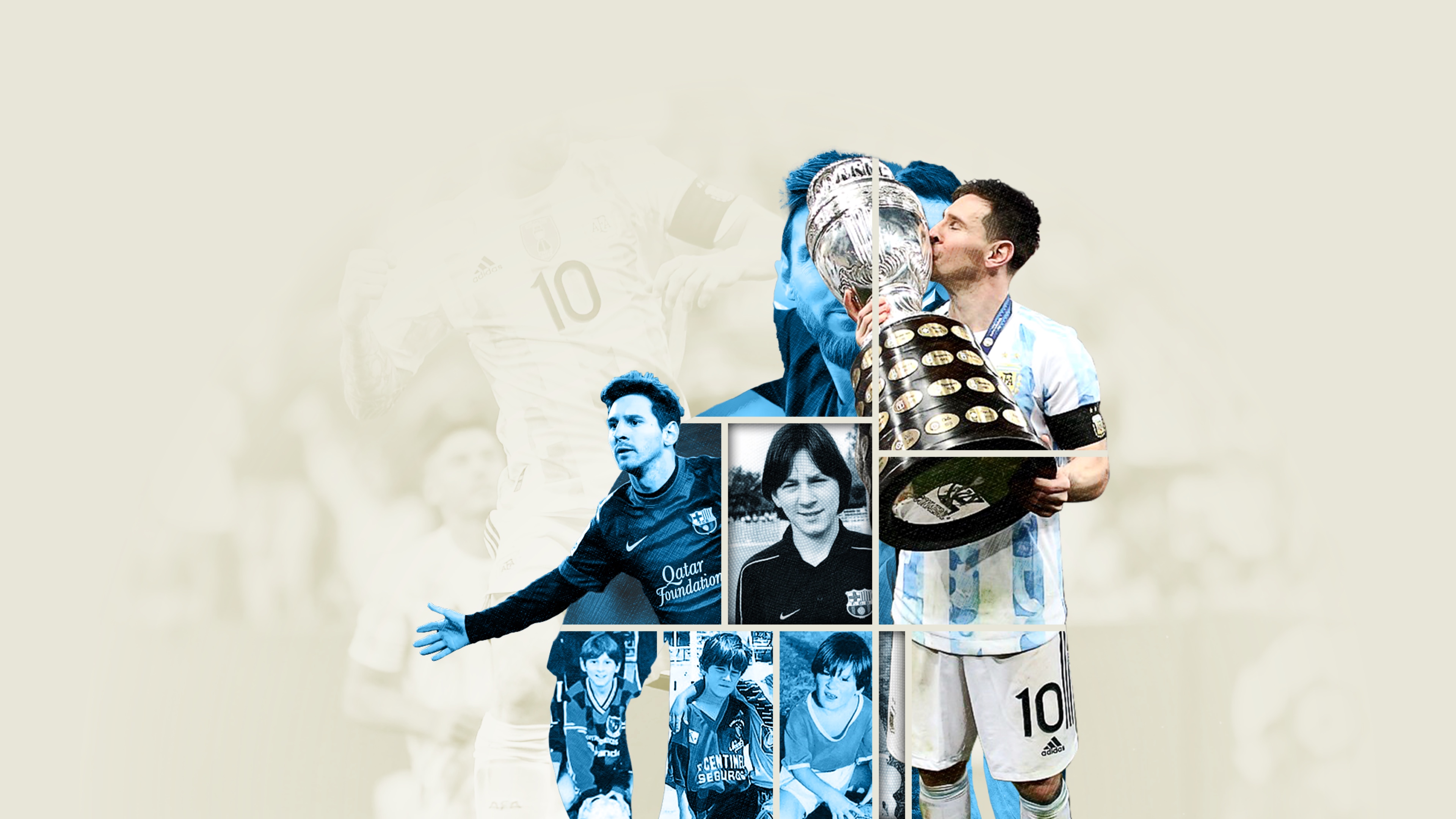
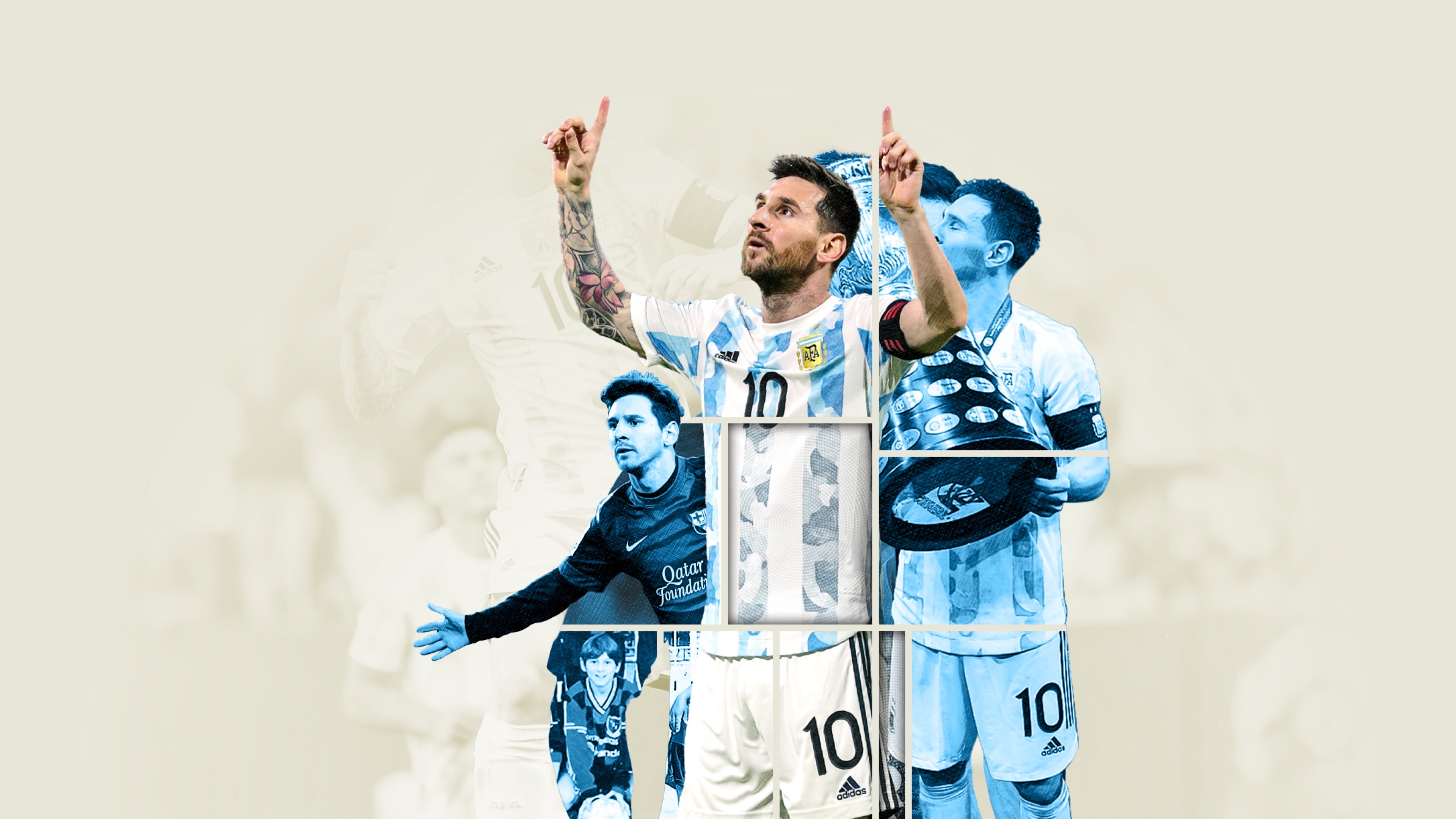
PSG player Lionel Andrés Messi was born on 24 June 1987 in Rosario, Argentina. He will be forever historically linked to FC Barcelona, the club that changed his life and helped to cure an illness that had afflicted him since childhood. After several years of doubts, Messi grew in every sense and ended up becoming one, if not the best player in the history of the game.
The Argentine ace was born in a working class neighbourhood in Rosario and was Jorge Messi and Celia Cuccittini’s third child. Aged just four years old, Messi started playing football at his local club in his neighbourhood, Abanderado Grandoli. His grandmother, Celia Oliveira Cuccittini, was the one who encouraged little Leo to play football from a young age. Even then, Messi would always point to the heavens whenever he scored a goal, a gesture dedicated to his grandfather since the day he passed away.
"My grandmother would tell them, 'Bring him on'. And they would reply, No, no, he’s too little'. 'Put him on, he’ll save the game,' she would say. Then there would be an argument. A few words were exchanged then they put me on. In the end I scored two goals that day," Messi recalled in an interview with TyC Sports.
In 1994, he started playing for the youth teams at Newell’s Old Boys, a club which is close to his heart. During his six years there, he played 176 games and scored 234 goals - an average of 1.33 goals per game, extraordinary figures for a player of his age. By the time he was 10 years old, the club doctor started to notice that Leo was unusually small for a boy of his age and didn't seem to be developing like the rest of his team mates. He was diagnosed as having a growth hormone deficiency which affected his physical development and threatened his future career.
When he reached 11, he measured just 1.3 metres tall - the average height of an 8-9-year-old. Many players’ careers have been cut short during childhood because they haven’t developed sufficiently and it seemed that there was no solution to Messi’s growth problem. The origin of the deficiency was down to hypophysis, a defect in the pituitary gland which regulates the release of hormones. Studies were carried out to see if he needed specialist treatment so that his muscles and bones would start to develop.
Eventually, doctors decided that there was just one solution to treat little Lionel, but it was a very expensive treatment. The family paid for the first few months of treatment but it was almost impossible for them to continue financing it indefinitely. That was when FC Barcelona entered the picture. The Catalan club signed Messi and helped his family to pay for the treatment. They could see the player had talent. It involved daily injections to alleviate the condition, a process which could be traumatic for a boy of his age. “I would inject the growth hormone every night. I would switch legs to do it. First one leg, the other the next day. It didn;t affect me. At first my parents would administer the injection, until I learned how to do it myself and could continue on my own,” Leo recalled in a television interview.
In 2000-2001, he started to train with Barcelona’s Under-13s. He was still seven centimetres below the average height, but now there wasn’t so much of a difference. He continued with the treatment while making the first steps in what would eventually be his new home. He started to stand out in games and little by little, made his way up through the different categories. By the end of the treatment, he was 1.70m tall. Without those growth hormones, it is estimated that his height would not have surpassed 1.55m.
He started to make a name for himself in Barça’s youth academy. In the 97 matches he played from the Under-13s, through the Under-16s, Under-19s and B team, he scored 89 goals. And with the first team, he played a total of 778 games, scoring 672 goals and giving out 303 assists. He became widely acknowledged as one of the game’s true legends and quite possibly, the best player in history.
Messi won four Champions League titles (2006, 2009, 2011, 2015), 10 Spanish leagues, seven Ballons d’Or (2009, 2010, 2011, 2012, 2015, 2019 and 2021). He has also won 22 awards for being the maximum goal scorer in various competitions (league, Cups...). In Messi’s trophy cabinet, there is simply no room for any more individual awards, the only one he is lacking is the MVP for the 2022 World Cup...
In the summer of 2021, the saddest moment in Leo Messi’s career arrived. He had to leave Barça because it was economically impossible for the club to pay his wages and remain within the salary cap limit, which was a huge blow for him. On top of that, he left the club as a free agent. Twelve months earlier, he had fallen out with president Jose Maria Bartomeu, who he felt had "tricked" (in his words) various first team players. He sent the club a burofax, informing the club that he planned to leave, but his request was rejected by the board of directors. When Bartomeu resigned, Leo had a changed of heart and decided to stay with Barcelona.
With Argentina, he made his senior debut on 17 August 2005 in the 1-2 win over Hungary. From that moment, the country realised that it had found Maradona’s successor. In 164 appearances, he has scored 90 goals. After losing several Copa América finals, he finally managed to win it for the first time last summer as part of a strong Argentina side. He ended as the MVP and the team’s leader.
This season, he has returned to a high level. In the first 18 games, he has contributed 12 goals and served up 14 assists. Messi’s final days with Argentina’s senior side are drawing nearer, and this will be his final chance of winning the World Cup. Maradona led Argentina to glory in 1986, and if Messi can win this edition, he will make a big statement in the debate about who is the best player in history. In Qatar, we could see the last goals which Messi dedicates to his grandmother, to whom he owes so much. Little Messi achieved his dream and was able to overcome a rare medical condition - had he given up, football would be very different today.